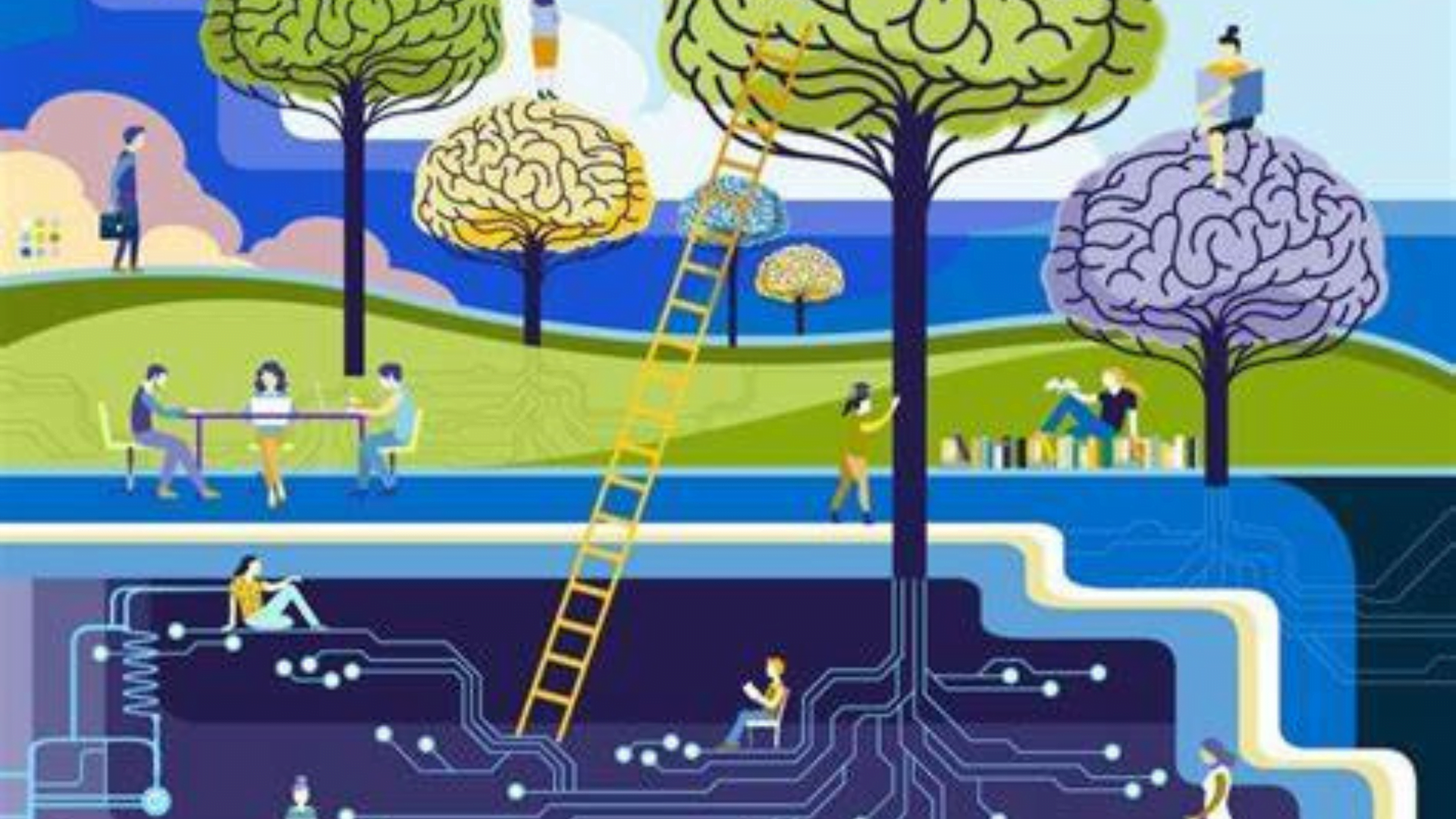In recent years, the world has witnessed a surge in devastating wildfires, a grim consequence of climate warming. The ramifications extend beyond the immediate destruction, seeping into the delicate balance of ecosystems. While extensive studies have explored the impact of wildfires on terrestrial landscapes, groundbreaking research from the University of California San Diego and other esteemed institutions sheds light on a previously overlooked dimension—wildfires’ influence on aquatic ecosystems. This revelation, featured in two research studies published in the journal Global Change Biology, marks a paradigm shift in our understanding of the far-reaching consequences of climate-induced wildfires.





